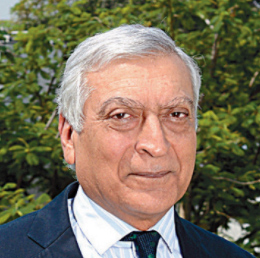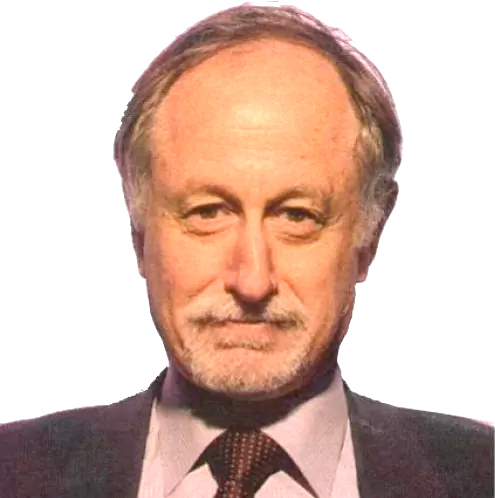The collapse of the Soviet Union in 1991 marked the end of the bipolar era known as the Cold War. It ushered in a unipolar order dominated by Washington, which has now become unstable, leading many to speak of an emerging multipolar world order.
Kanwal Sibal prefers to treat the idea of multipolarity with nuance, suggesting that the term may not be the most accurate way of describing current trends. In its traditional geographical sense, it describes centers of power and influence. Today, the Euro-Atlantic region dominated by the US is clearly a pole, but its power and influence are waning. China is not yet a pole, whereas Russia stands as a troubled pole. India is a “potential pole.” The rest of the world is in a state of flux.
The key to understanding this geopolitical shift is economics. “There cannot be effective multipolarity,” the former foreign secretary tells us, “unless something is done eventually about the hegemony of the dollar.” This hegemonic control allows the US control over the global financial system. Dedollarization, which includes decoupling the petroleum trade from the dollar, has begun and is accelerating. Sibal notes that “the United States has done great damage to itself by using the financial weapon—the dollar weapon—in the manner which they have, because countries are going to draw lessons from this.” Though it will take time, the hegemony of the dollar is under serious threat.
To understand today’s trend we need to rethink the vocabulary we use. Is “multipolar” the right term? Sibal prefers an alternative term for what is now emerging. It is a “polycentric world.” The underlying fact, noted by all lucid observers, is that “power has shifted remarkably—both political and economic and even military power—from the West to the East.”
Sibal disagrees with John Mearsheimer's argument that multipolarity implies anarchy. Instead, he insists that multipolarity must be cooperative rather than antagonistic. This implies quite simply applying the terms of the UN Charter and respecting the principle of indivisible security.
The former foreign secretary posits that the world has the opportunity to evolve beyond the geopolitical philosophy of deterrence. That mindset has produced a new nuclear arms race across the globe. The US can and must transform an economy built around the logic of the military-industrial complex. Technology can be designed to make human life better rather than to achieve competitive advantage.
Sibal also examines the role of culture and how cultures influence social and political practices. American culture promotes competition and conceives of international relations as fundamentally adversarial. Since World War II, the US has dominated the world stage. It is now time for an Eastern and specifically Indian tradition that embraces diversity and tolerance to provide a model for rethinking international relations. Perhaps humanity may learn the value of accommodation instead of domination.
The views expressed in this article/video are the author’s own and do not necessarily reflect Fair Observer’s editorial policy.








































Comment